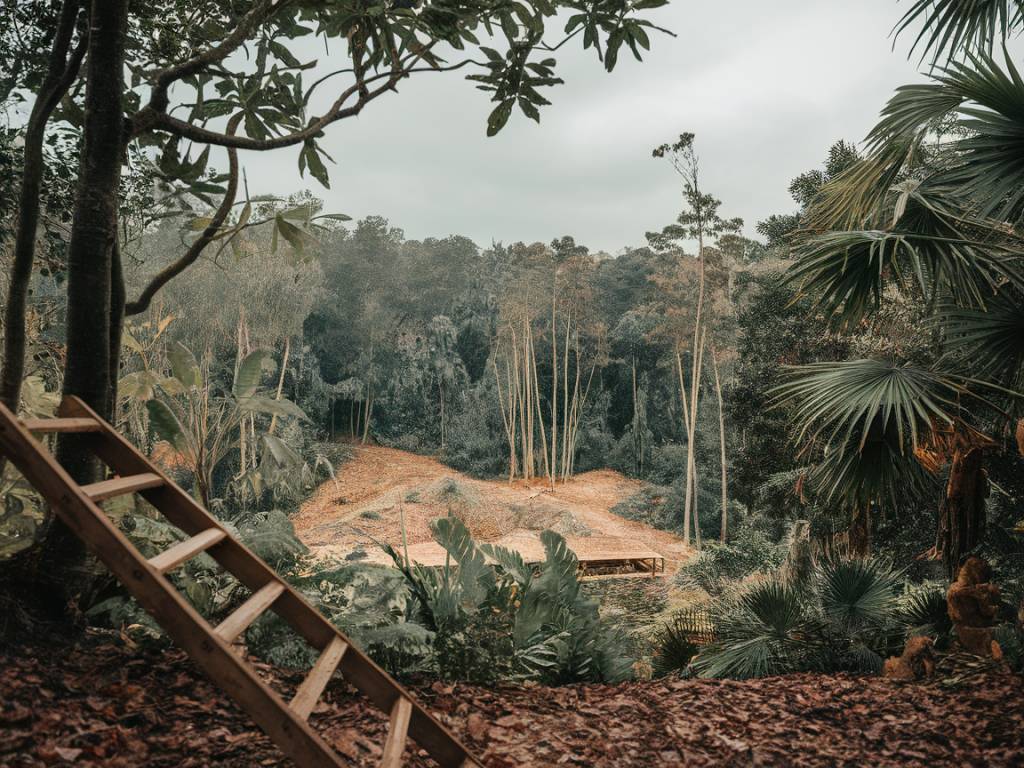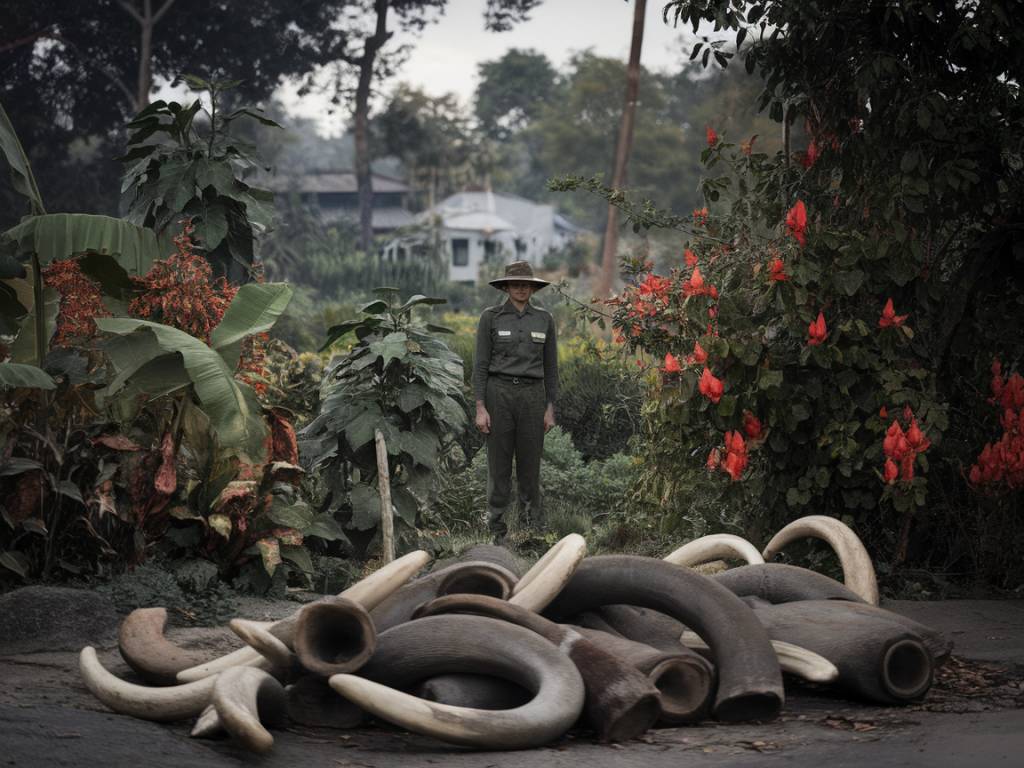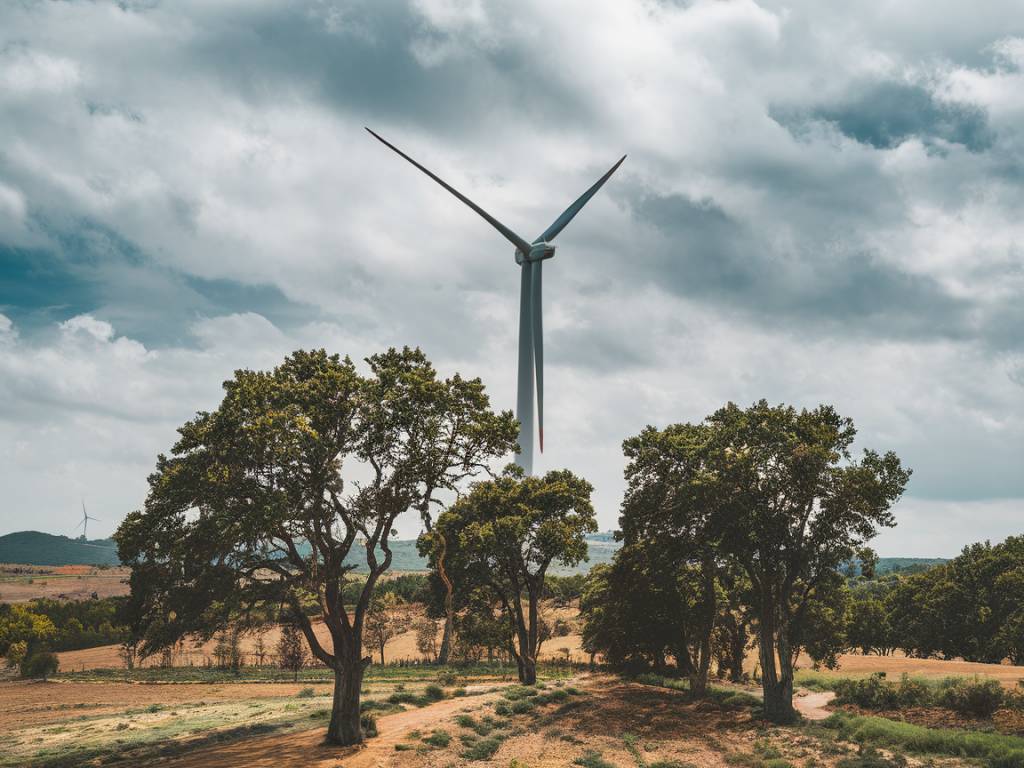The Silent Witness: Understanding Deforestation’s Reach
Deforestation is silently reshaping our planet. It’s not just a local concern but has far-reaching impacts that ripple across global ecosystems. Have you ever stopped to wonder how the removal of trees in Brazil might affect the plains of Africa or the frozen tundra of Siberia? The interconnected web of life on Earth ensures that when one thread is pulled, the whole fabric is affected.
The Lungs of the Earth: More than Just Trees
Trees often serve as the unsung heroes of our planet. They act as the lungs of the Earth, absorbing carbon dioxide and releasing oxygen. Yet, deforestation is significantly affecting this delicate balance, contributing to climate change. Each tree felled is a piece of the complex ecological puzzle lost, potentially leading to increased carbon emissions and a hotter planet.
Consider the Amazon rainforest: it’s often called the « lungs of the world » because of its vast capacity to generate oxygen. But with millions of acres of it being logged each year, we’re losing an essential ally in the fight against global warming. The lack of these green giants means not only reduced carbon storage but also diminished biodiversity.
The Domino Effect on Biodiversity
Biodiversity is another victim of deforestation. Forests are home to some of the most diverse ecosystems on the planet, housing thousands of unique species. However, when a forest is cleared, these species lose more than just their homes; they lose their entire world. This can lead to extinction or, at best, force species to adapt to often untenable conditions.
Take, for example, the orangutans of Borneo. Their habitat is rapidly disappearing due to logging and palm oil plantations. These intelligent creatures find themselves more frequently in human settlements, leading to conflicts and a dwindling population. It’s not just orangutans; many lesser-known species are facing similar fates, quietly slipping into extinction.
The Human Cost: Communities and Cultures Vanishing
Forests are not just biodiversity havens; they are also home to numerous indigenous communities whose lives are intricately linked to these ecosystems. Deforestation often results in the displacement of these communities, leading to the loss of traditional knowledge and cultural heritage. Imagine losing the language you speak or the songs your ancestors have sung because the land that inspires them is destroyed.
In many parts of the world, forests provide livelihoods through sustainable practices. However, logging and agricultural expansion driven by corporate interests dismantle these lifelines, creating economic instability and forcing people to migrate to urban areas in search of jobs.
Deforestation and Climate Change: A Vicious Cycle
The link between deforestation and climate change is as solid as an ancient oak, albeit less resilient with every tree lost. Forests play a critical role in absorbing CO2 from the atmosphere. When they are cut down, not only is this function lost, but the carbon stored in the trees is released back into the atmosphere, exacerbating the greenhouse effect. This release accelerates the warming of the planet, which in turn, can lead to more extreme weather events.
Looking at the increased frequency and intensity of hurricanes, droughts, and floods, one can see nature’s response to this imbalance. Without forests to act as climate moderators, these phenomena may become more severe, impacting agriculture, infrastructure, and ultimately, human lives.
Solutions: Turning Over a New Leaf
So, where do we go from here? Fighting deforestation requires a multifaceted approach. It’s not just about planting trees; it’s about sustainable development, enforcing laws, and supporting indigenous rights to manage their lands.
- Reforestation and Afforestation: While we cannot bring back ancient forests in their entirety, planting new trees can absorb CO2 and provide habitats for wildlife.
- Sustainable Forestry: Encouraging practices that allow for timber extraction without compromising the forest’s ability to regenerate is key.
- Empowering Indigenous Communities: Supporting land rights and recognizing the role indigenous people play in forest conservation is crucial. Their traditional knowledge is invaluable in sustainable ecosystem management.
- Consumer Choices: From selecting sustainably sourced products to reducing the demand for palm oil, consumer choices can drive change on a global scale.
Understanding deforestation’s profound impact highlights the urgent need to protect our forests. They are not just resources; they are life-giving entities, integral to the health of our planet and all its inhabitants. As we navigate this complex environmental landscape, let us not lose sight of the trees for the forest—each one matters.




